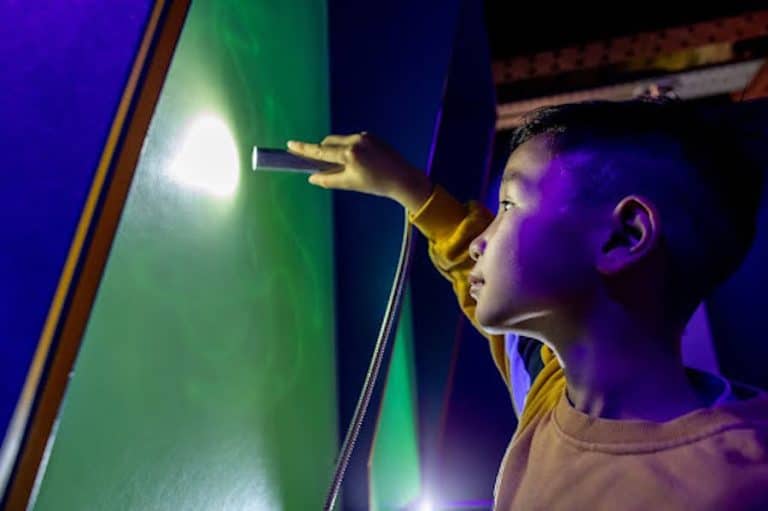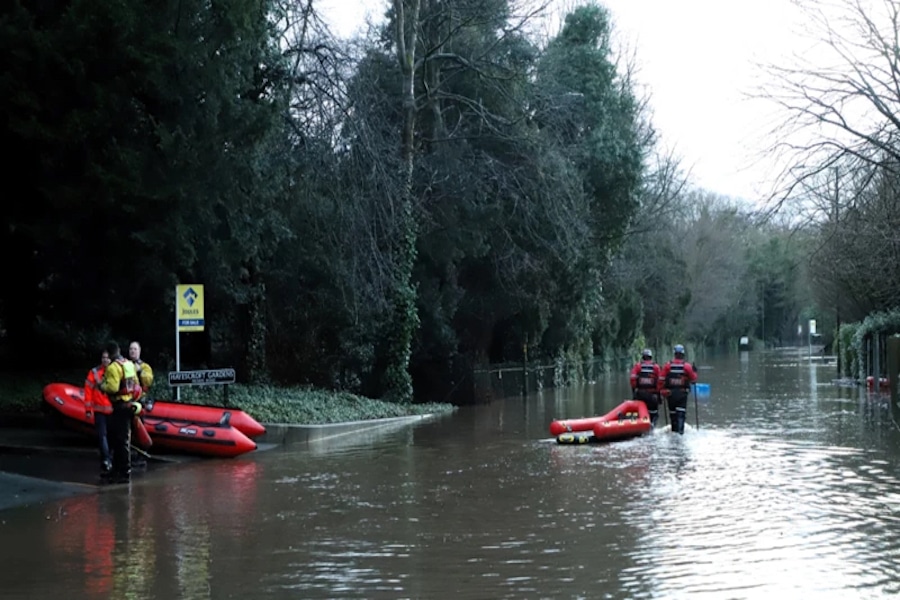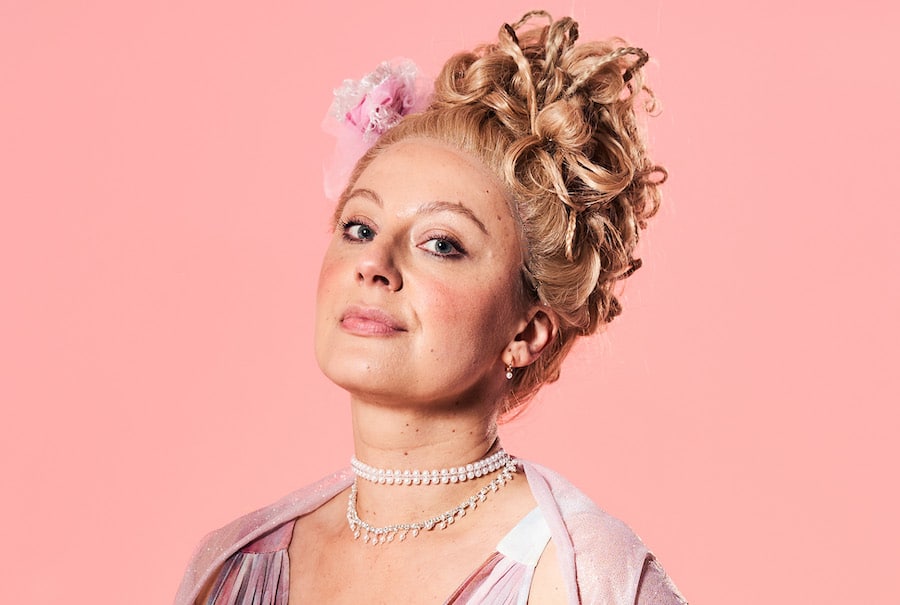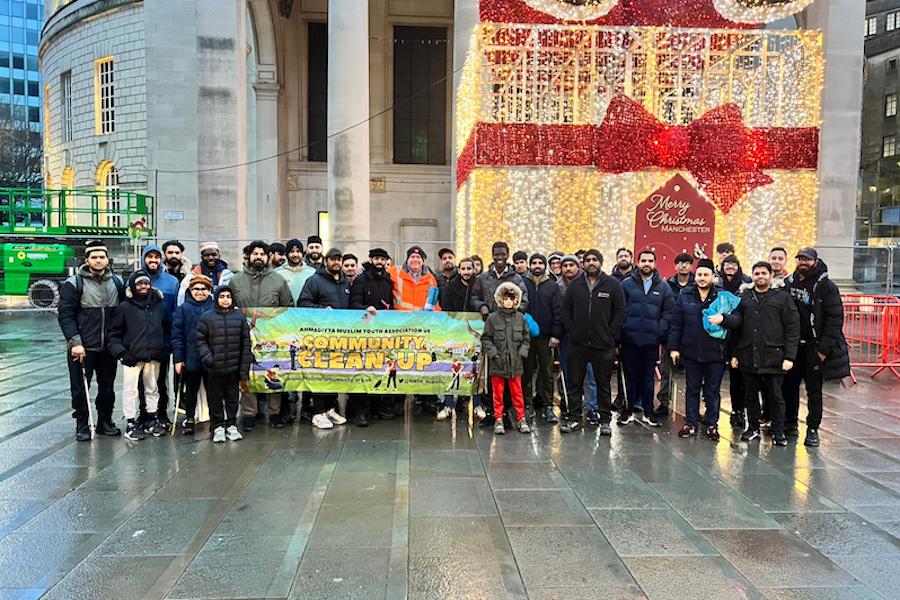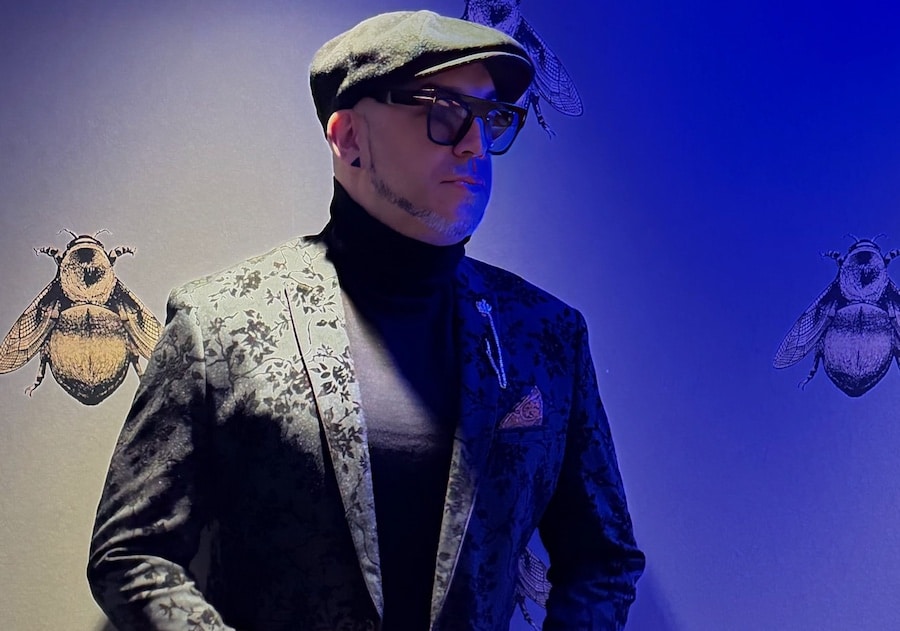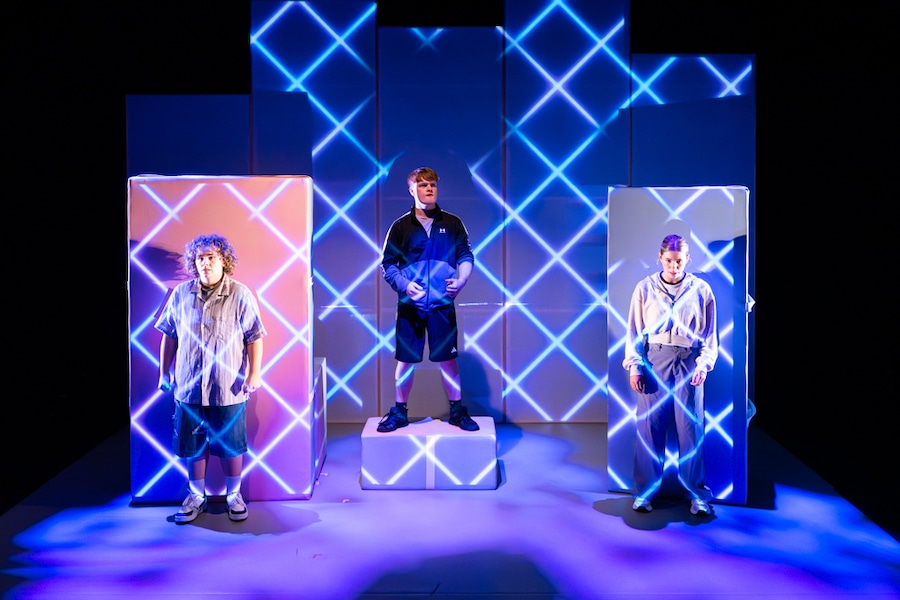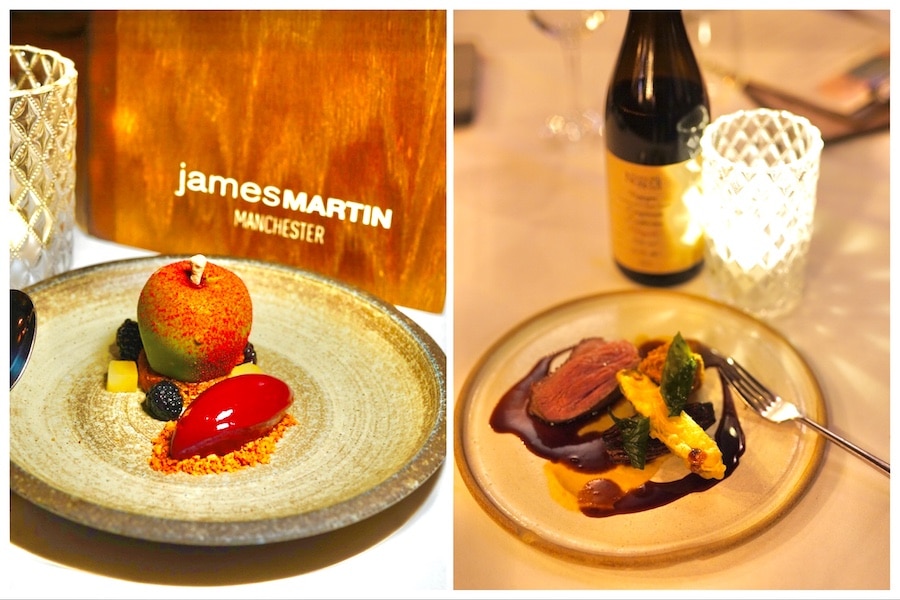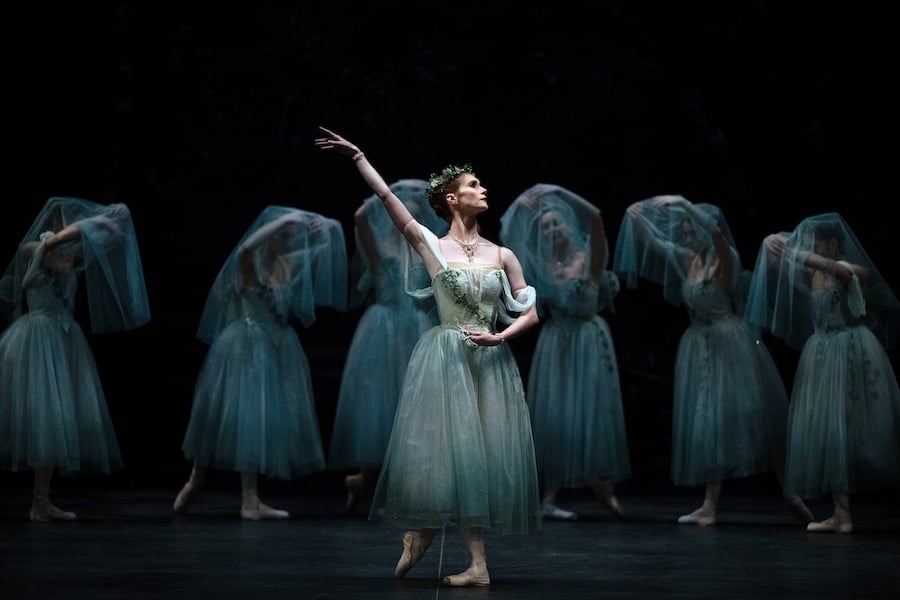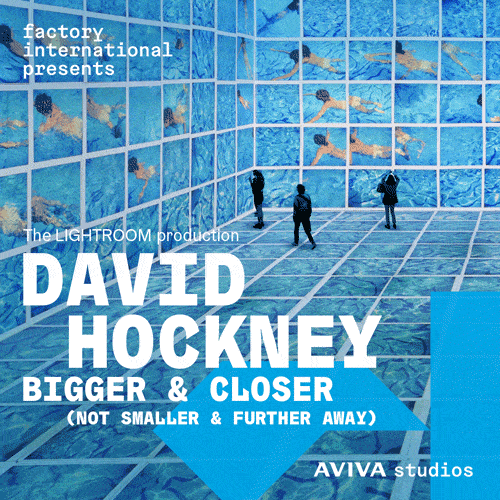The wonderful wordsmith launching her collection of plays this week
- Written by Glenn Meads
- Last updated 12 months ago
- City of Manchester, Community, People, Theatre
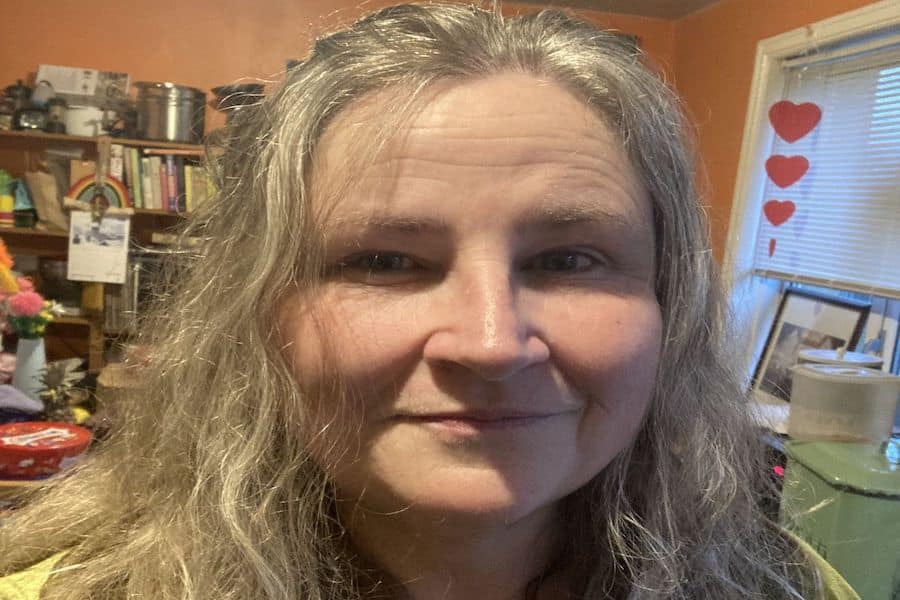
Cathy Crabb is an award-winning playwright, poet and screenwriter, journalist and lyricist.
She has written more than thirty plays for the stage and these include Beautiful House, Moving Pictures, Something Right, Beyond the 4th Wall and The Bubbler.
She has also written two musicals with Lindsay Williams and Carol Donaldson. Cathy’s poetry features on sculptures by Emma Hunter at the former site of Elk Mill in Chaderton, the last mill to be built in Lancashire.
Once you have heard Cathy’s words, you don’t forget them.
She is a wonderful wordsmith who manages to combine wit with poignant moments. Her work is finally being celebrated with a new collection of her selected plays which is available to buy this week.
The collection is being launched at Manchester’s Central Library on 22nd January. We caught up with her to find out more.
When did you first realise you could write?
I could write my name before I went to nursery. Well almost. I could write Cathy Cradd. So probably at 3? Listening to people talking to each other and storytelling I have done from being very young. When adults were speaking I was always skulking around trying to hear them and watching the way they said things.
My mum would go ‘ok let’s leave it there cos waggy ears is listening.’ I didn’t bother reading the books at infant and junior school. I don’t know how I did it but I would just have a quick skim through and pretend to read them whilst taking my brain to another place. Then when we got asked questions on the book I used to just think of the most likely answer and half of the time it was right. I didn’t get caught out until the last year of juniors. And by then-what were they gonna do? Start me off on the infant books? But at home I was reading a complete works of Shakespeare my grandad gave me it made no sense to me really so I’d skim through that, but I liked the words. I had loads of books at home all the famous five books, I’d skim through. Have I even read a book?
Are there any Northern writers that you admired before you got started that made you think, maybe you could do this?
Shelagh Delaney, Jim Cartwright, Jon Cooper Clarke, Willy Russell and Alan Bleasdale, Victoria Wood, Ken Loach, Mike Leigh, Jeanette Winterson and Andrea Dunbar. They never made me think I could do it, I knew I could do it, but they did inspire me. Stephen King inspired me the most. And Stephen Berkoff. Also George Orwell. I like long descriptions of characters, I like poetic language and I like showing rather than telling.
Are there any plays you have written which offered you challenges that make you feel proud when you see them on the page, in your current collection?
Erm. No. Because I don’t find it challenging to write a play. It can sometimes be a graft but it’s my flow. It’s my solace. None of the plays in this collection were a challenging to write. I am very grateful for them and my brain and I thank my brain a lot. Shelagh Delaney said in her letter that accompanied her script of A Taste Of Honey she sent to Joan Littlewood ‘no matter what theatrical atrocity it might be, it’s isn’t valueless as far as I’m concerned’. That’s how I feel about the plays in this collection.
What quick tips would you give someone who wants to write but does not know how to get started?
Write down a conversation you had or heard. Don’t worry about grammar, spelling, punctuation, just separate who said what by putting a dash or some kind of symbol between each person’s response. Like this:
will you be in tomorrow the wing mirror is coming
you said it was coming today
I know but now they said it’s coming tomorrow
yeah if you give me the lions share of your anti-depressants I don’t need to go and pick mine up until next week then
it says between eight and 11
we’ll see
these are seventy five grams
I’ll just have one in the morning then
yours are 35 grams each
yeah I’ve just said I’ll only have one
don’t go mad with them
Now set your dialogue up as a scene: imagine sat in the audience watching it, what is onstage? Where are they? Take it out of its original setting and try a few places. Then build a before and after story. Aim for three minutes. There you go. A play.
The arts scene in Manchester is supportive with people turning up to cheer on friends and colleagues. What you love about working and living here?
I love the network yes. I love to see all the different creatives who have different styles and mediums and genres but lift and support each other. I like how Hope Mill was built up and how superb their musicals are. I like 53two, their work and ethos, and hanging out there. I loved loved and love forever Studio Salford and all my muckers and all we did there…sniff…yeah. I don’t like press nights but I like free tickets so, what you gonna do?
I used to go to at least three plays a week and mostly by people I knew but the trains back to mine got rubbish so I can’t do it as much anymore.
But if people ask me I will always try and get there.
I love to see new work in all its forms of development and to see things take off. Most of the time, I don’t understand why work needs to go beyond the city or town it’s made in. Let audiences develop and come to you. The phrase ‘local talent’ and ‘regional theatre’ is seen as a bit of a slur. But I know that things happen differently, stories can be told differently in other towns and cities.
Magic happens when you are just left to get on with it. I remember Cush Jumbo saying at the Manchester Theatre Awards, ‘a lot of West End actors don’t do regional theatre because they haven’t got the balls’.
What about Lauren Redding with Bloody Elle? What a beautiful and groundbreaking piece of work.
What a lovely girl and hugely talented. What about Jackie Hagan’s catalogue of work?
Totally grown from town, unforgettable, poetic and stand alone genius. What’s going to happen this year and next?
We don’t know but we know we are here for it. There’s a kid sat in their bedroom in Chadderton or Moston, skimming through Shakespeare and listening in to conversations outside the door- creating something magical in their mind.
You have a knack for making audiences laugh one minute and cry the next. When you write, what comes first. How do you get to this point between laughter and sadness?
When people are moved they will laugh very easily and vice versa. It’s like when you laugh so much you begin to cry. I just feel they naturally follow each other all the time. It’s so much more enjoyable to laugh right after you have felt incredibly moved. I’m not sure what comes first, I guess I feel that dramatic moments are waiting for a punchline. I mustn’t take things that seriously I suppose.
What you have you seen on stage recently in Manchester that you have loved and why?
Oh Brief Encounter at the Exchange I loved – that’s the most recent thing I’ve seen. I love an ensemble piece as I think it gives an extra flourish to see a range of talents in a cast. I’m there for the performance more than the story usually, and this was a great cast. I had a lot of highlights from last year, so a lot of good stuff but that is the last thing I saw.
Once your book has been launched, what are your plans for the rest of the year?
I’m working with Triple C on a creative community at 53two and I’m working with Rope Ladder Fiction and Flapjack Press on a book to showcase new writers. Cherylee Houston and I are in development with Factory International this year for a full length piece based around the characters in Five Women, Rambling.
I’m writing a JB Shorts piece with Lindsay Williams and developing a musical with Lindsay, Carol Donaldson and Sally Carman. Punam Ramchurn and I are working on a piece where we grant people wishes or not from the universe. I’m going to do as much mentoring and writing drop ins and classes as I can in between.
And I have a writing exercise class at The Swan in Dobcross every Wednesday from 7pm -8pm if anyone’s interested? It’s £7. I know it isn’t free but it’s cheaper than a pack of butter.
The work of Cathy Crabb, Selected Plays, book launch is at the Central Library on 22nd January from 6pm – 7.45pm and it features an interview, Q&A with the audience, archival material and special guests.
Entry is free and you can book tickets here.
You can buy Cathy Crabb Selected Plays here
- This article was last updated 12 months ago.
- It was first published on 15 January 2024 and is subject to be updated from time to time. Please refresh or return to see the latest version.
Did we miss something? Let us know: [email protected]
Want to be the first to receive all the latest news stories, what’s on and events from the heart of Manchester? Sign up here.
Manchester is a successful city, but many people suffer. I Love Manchester helps raise awareness and funds to help improve the lives and prospects of people across Greater Manchester – and we can’t do it without your help. So please support us with what you can so we can continue to spread the love. Thank you in advance!
An email you’ll love. Subscribe to our newsletter to get the latest news stories delivered direct to your inbox.
Got a story worth sharing?
What’s the story? We are all ears when it comes to positive news and inspiring stories. You can send story ideas to [email protected]
While we can’t guarantee to publish everything, we will always consider any enquiry or idea that promotes:
- Independent new openings
- Human interest
- Not-for-profit organisations
- Community Interest Companies (CiCs) and projects
- Charities and charitable initiatives
- Affordability and offers saving people over 20%
For anything else, don’t hesitate to get in touch with us about advertorials (from £350+VAT) and advertising opportunities: [email protected]
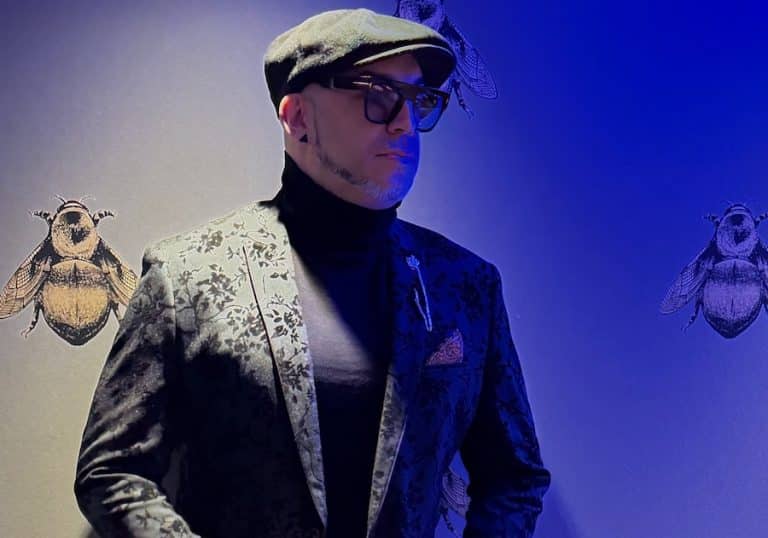
Meet the artist on a mission to change the way we see neurodivergence
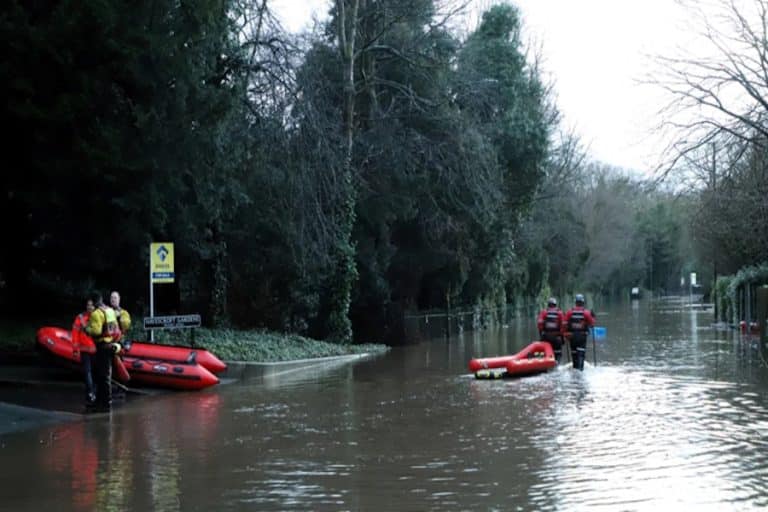
Greater Manchester shows the world what true community looks like after disastrous floods
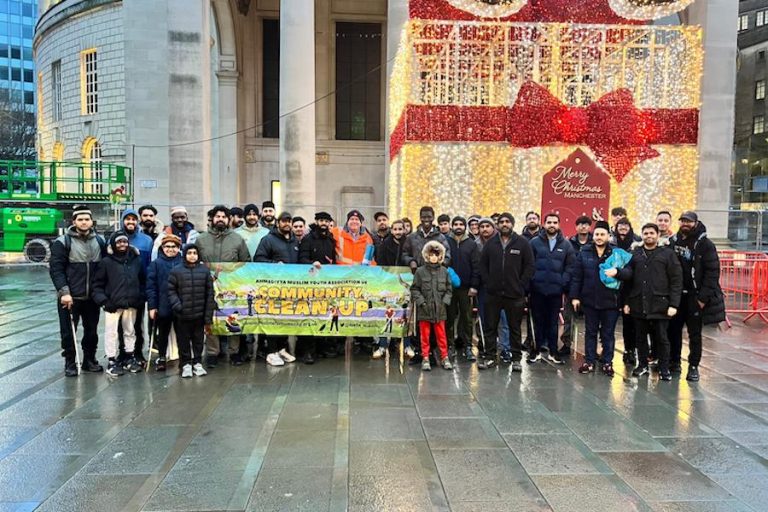
New year clean-up brings neighbours together to remove 500kg of rubbish from our streets

Best bars and pubs to watch the football and live sport in Manchester
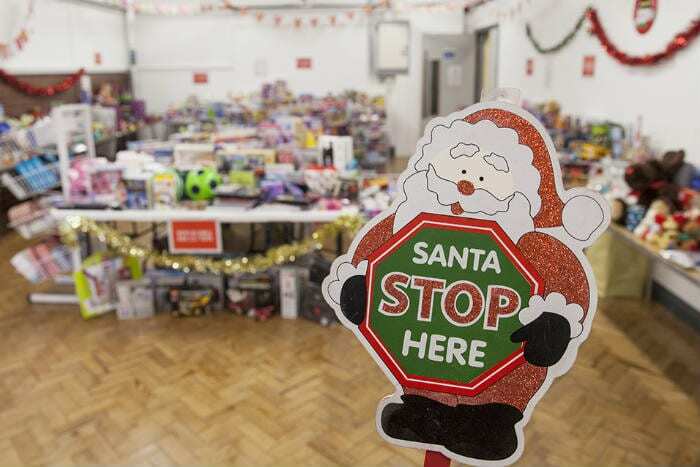
The very special toy shop where parents don’t pay a penny is open – and busier than ever
